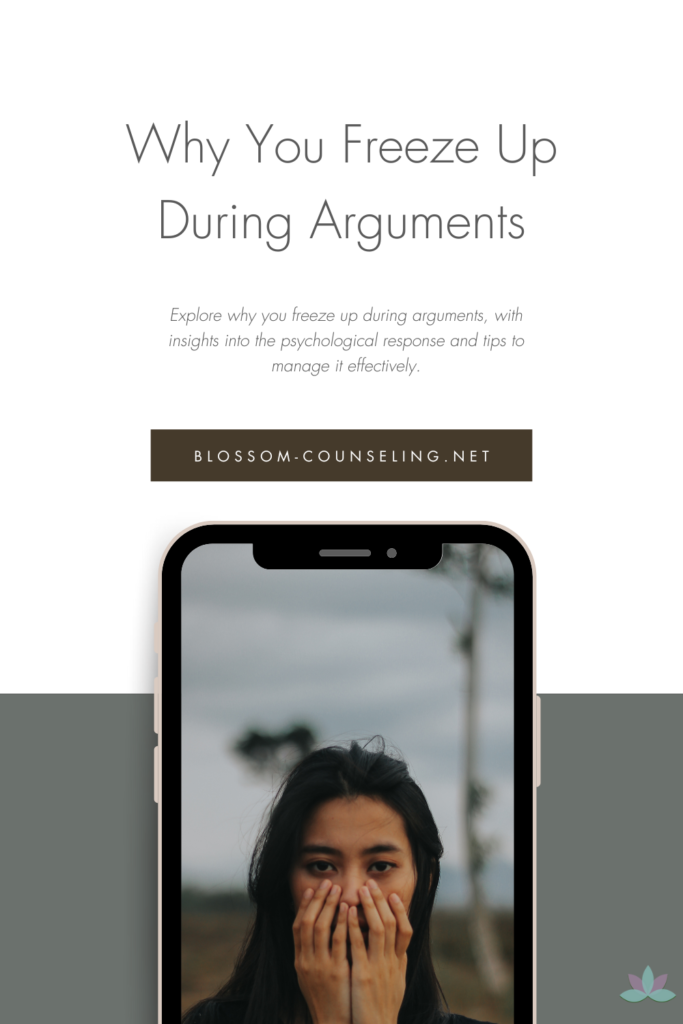
Have you ever had a conversation that left you feeling like you just went ten rounds in an emotional boxing ring, yet somehow, you ended up apologizing? Welcome to the world of narcissistic conversations. Narcissists are known for their charming yet manipulative nature, often weaving a web of confusion with their words. Identifying the key phrases they use can be like learning a secret language, giving you the power to navigate these interactions more wisely.
“You’re just too sensitive.”
This line is a classic in the narcissist’s playbook. It’s their go-to defense mechanism known as gaslighting. By suggesting you’re overly sensitive, a narcissist shifts the focus from their inappropriate behavior to your reaction, invalidating your feelings in the process. It’s a subtle way of saying, “The problem isn’t me; it’s you.”
“I’m sorry you feel that way.”
Notice how this isn’t actually an apology? It’s a cleverly disguised way of acknowledging your feelings while not taking any responsibility for causing them. This pseudo-apology is more about dismissing your feelings rather than expressing remorse. It’s like they’re saying, “I acknowledge that you have feelings, but I’m not the reason for them.”
“No one else has a problem with it.”
Ah, the classic move of isolation. By suggesting that everyone else is fine with their behavior, a narcissist is trying to make you question your own judgment and feelings. It’s a way to make you feel out of step with the rest of the world, and thus, more dependent on their perspective.
“You’re misunderstanding me on purpose.”
This phrase is a double whammy. First, it suggests a deliberate misinterpretation on your part, placing the blame squarely on you. Second, it positions the narcissist as the misunderstood victim. It’s a diversion tactic to shift the focus from their actions to your supposed misinterpretation.
“You’re overreacting.”
Similar to calling you too sensitive, this is another attempt to invalidate your feelings. By labeling your response as an overreaction, a narcissist tries to belittle your emotions and make you question your response. It’s a way of saying, “Your feelings are not valid.”
Why This Matters
Recognizing these phrases is more than just a lesson in language; it’s about understanding the dynamics of emotional manipulation. Narcissists have a knack for twisting words to serve their narrative, often leaving you second-guessing yourself. By identifying these key phrases, you can start to see the patterns in their behavior, which is the first step in protecting your emotional well-being.
What Can You Do?
Awareness is your shield. When you recognize these phrases for what they are, you can start to detach and view the situation more objectively. It’s also important to trust your feelings. If something doesn’t feel right, it probably isn’t. Lastly, don’t be afraid to set boundaries. It’s okay to say no, to walk away, or to demand a genuine apology.
Final Thoughts
Dealing with a narcissist can be a challenging and often disorienting experience. But remember, knowledge is power. Understanding the language of narcissism empowers you to navigate these interactions with more confidence and clarity. And if you’re finding it tough to deal with, remember, we’re here to help. Our practice specializes in guiding individuals through the complexities of emotional manipulation, helping you reclaim your voice and your power. Because at the end of the day, your feelings are valid, and you deserve to be heard.




